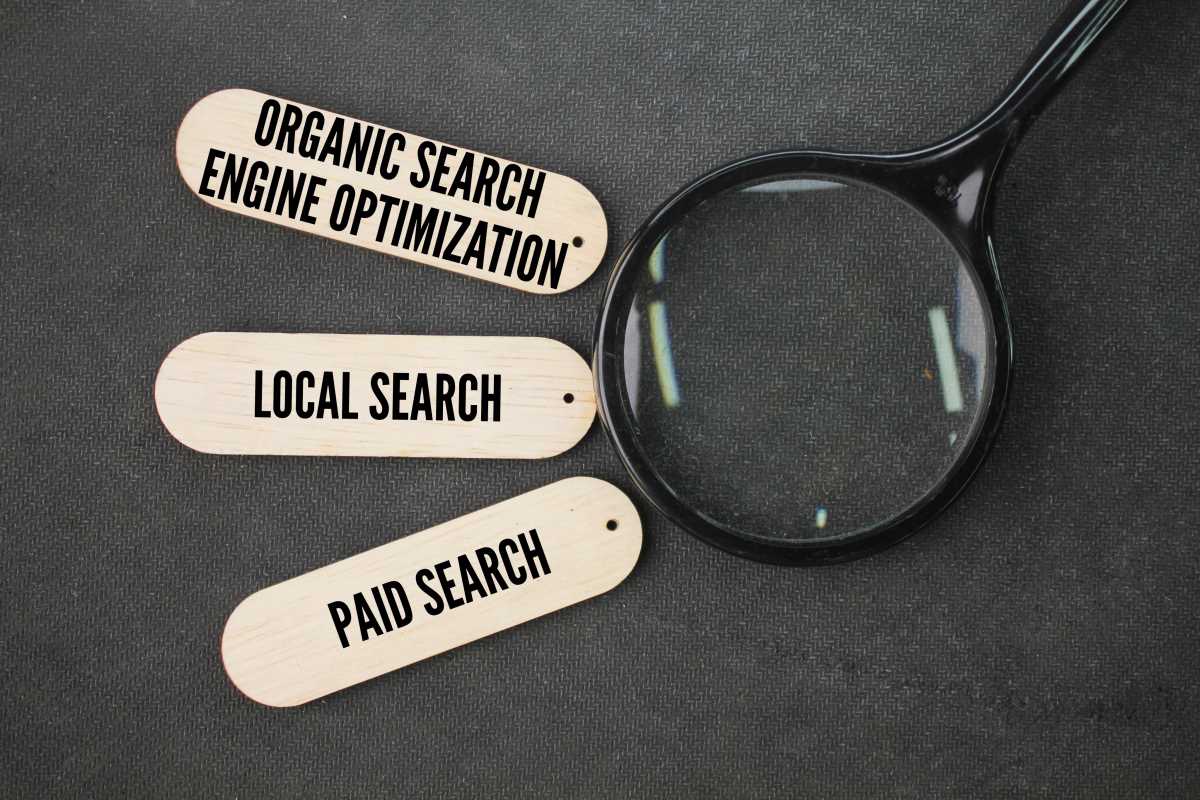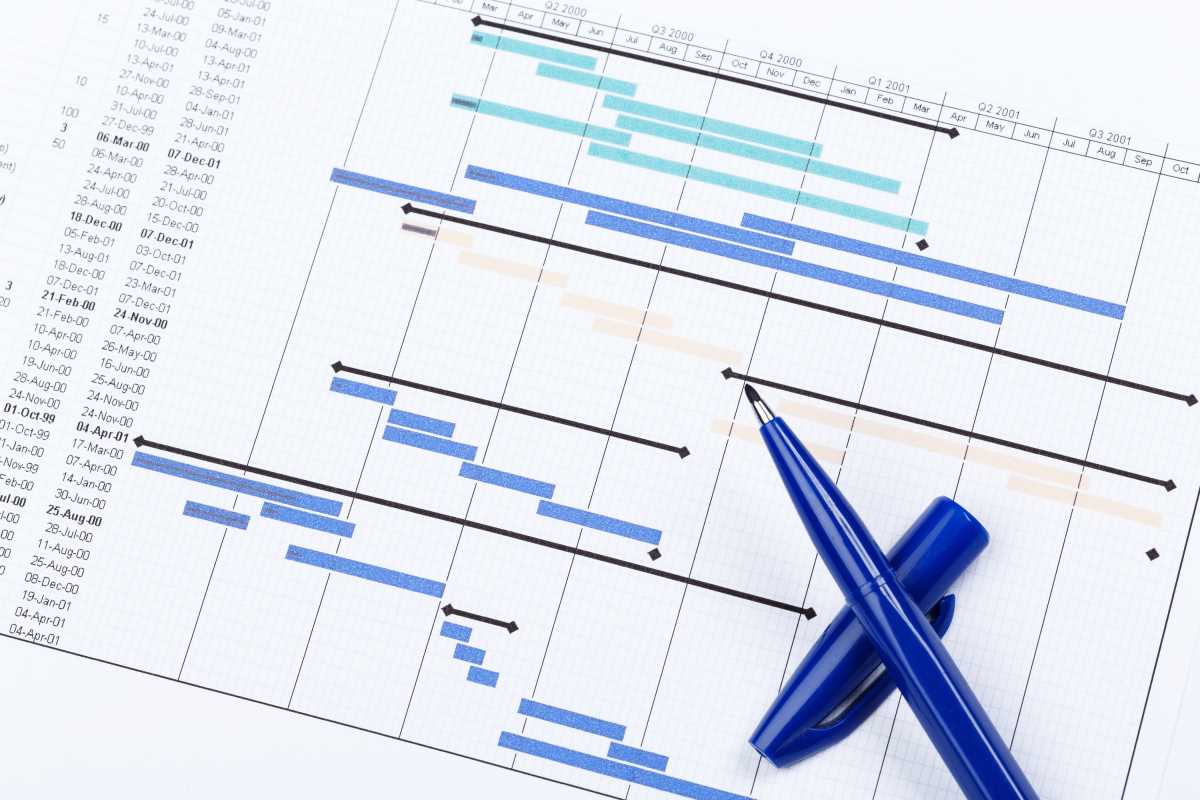In the world of digital marketing, many professionals start their careers as generalists. You learn a little bit of everything: SEO, email marketing, social media, content creation, and paid advertising. Being a generalist is fantastic for understanding how all the pieces of the marketing puzzle fit together. It makes you versatile and adaptable, able to jump into different projects and contribute across the board. However, as you advance in your career, you might find that being a "jack of all trades" can also mean being a master of none. The digital landscape is becoming increasingly complex, and companies are seeking deep expertise to solve specific, challenging problems. This is where specialization becomes a powerful career move. Transitioning from a marketing generalist to a paid media specialist allows you to dive deep into a highly valuable and results-driven field. It’s a path that can lead to greater career growth, higher earning potential, and the satisfaction of becoming a true expert in your craft.
Generalist vs. Specialist: What’s the Difference?
Understanding the fundamental differences between these two career paths is the first step in deciding if specialization is right for you. While both roles are valuable, they offer very different experiences and opportunities.
The Marketing Generalist
A marketing generalist has a broad skill set and works across multiple marketing channels. On any given day, they might write a blog post, schedule some social media updates, pull a simple analytics report, and make minor tweaks to a Google Ads campaign. They are the versatile utility players of the marketing team, great for smaller companies where one person needs to wear many hats.
Strengths of a Generalist:
- Versatility: They can handle a wide range of tasks and projects.
- Holistic View: They understand how different channels work together to support overall business goals.
- Adaptability: They can easily pivot between different marketing functions as needs change.
Challenges for a Generalist:
- Surface-Level Knowledge: They often lack the deep expertise to solve complex problems within a single channel.
- Career Plateaus: It can be harder to advance to senior roles that require deep, specialized knowledge.
- Lower Earning Potential: Specialists often command higher salaries due to their specific, in-demand skills.
The Paid Media Specialist
A paid media specialist, on the other hand, has a deep and narrow focus. They live and breathe platforms like Google Ads, Meta (Facebook) Ads, LinkedIn Ads, and TikTok Ads. Their entire day is dedicated to planning, executing, managing, and optimizing paid advertising campaigns. They are obsessed with metrics like return on ad spend (ROAS), cost per acquisition (CPA), and click-through rates (CTR). They are the experts a company turns to when they need to drive measurable results through advertising.
Strengths of a Specialist:
- Deep Expertise: They possess an advanced understanding of their chosen platforms and strategies.
- High Impact: Their work is often directly tied to revenue generation, making their value clear and measurable.
- Greater Demand: Companies are constantly searching for true experts who can manage large ad budgets effectively.
The Advantages of Specializing in Paid Media
Choosing to focus on paid media can be a game-changer for your career. This field is dynamic, data-driven, and offers a clear path to demonstrating your value.
1. Directly Impact the Bottom Line
Unlike some other marketing disciplines, the success of paid media is almost always tied directly to revenue. As a specialist, you can clearly show how your efforts are driving sales and acquiring new customers. When you can walk into a meeting and say, "My optimization of the Q3 campaign resulted in a 400% return on ad spend," you are speaking the language of business leaders. This ability to prove your ROI makes you an incredibly valuable asset.
2. Higher Earning Potential
Because of their direct impact on revenue and the high demand for their skills, paid media specialists often earn significantly more than marketing generalists. Companies are willing to pay a premium for an expert who can efficiently manage a six- or seven-figure ad budget and generate a positive return. As you build your expertise and track record of success, your earning potential will continue to grow.
3. Constant Learning and Growth
The world of paid media is never static. Platforms are constantly releasing new features, changing their algorithms, and introducing new ad formats. This means you will always be learning and evolving. For a curious and driven professional, this constant change is exciting. It provides endless opportunities to test new strategies, master new tools, and stay on the cutting edge of the industry.
4. Clearer Career Path
Specialization provides a more defined career trajectory. You can advance from a Paid Media Specialist to a Senior Specialist, then to a Paid Media Manager, and eventually to a Director of Paid Media or Head of Performance Marketing. This clear ladder makes it easier to set goals and understand what skills you need to develop to reach the next level.
Actionable Steps to Make the Transition
Transitioning from a generalist to a paid media specialist requires a deliberate and focused effort. It won't happen overnight, but by following these steps, you can build the expertise and experience needed to make a successful switch.
Step 1: Identify Your Niche Within Paid Media
"Paid media" itself is a broad category. To truly specialize, you might want to start by focusing on one or two key areas.
- Platform Specialization: Do you want to become a master of Google Ads (including Search, Display, and YouTube) or a wizard with Meta Ads (Facebook and Instagram)?
- Industry Specialization: You could specialize in paid media for a specific industry, like e-commerce, SaaS (Software as a Service), or healthcare.
- Strategy Specialization: You might focus on a particular strategy, such as lead generation, e-commerce sales, or mobile app installs.
Start by choosing a platform you enjoy or have some experience with. Google Ads and Meta Ads are the two largest platforms and are excellent places to begin.
Step 2: Invest in Deep Learning and Certifications
Once you’ve chosen your focus, it's time to go deep.
- Get Certified: The most obvious first step is to get the official certifications. The Google Ads and Meta Blueprint certifications are free to learn from and are industry-recognized credentials that validate your knowledge.
- Take Advanced Courses: Go beyond the free certifications. Invest in in-depth courses from reputable online platforms like Coursera, Udemy, or specialized training sites. Look for courses that include hands-on projects.
- Follow Industry Experts: Immerse yourself in the paid media world. Follow leading experts on LinkedIn and X (formerly Twitter), subscribe to industry newsletters like Search Engine Land, and listen to podcasts dedicated to PPC (pay-per-click) marketing.
Step 3: Gain Hands-On Experience
Theory is important, but hands-on experience is what will truly make you a specialist.
- Volunteer within Your Current Role: If you are currently a generalist, ask to take on more responsibility for paid media campaigns. Offer to help manage a small campaign or assist the current specialist with reporting and analysis.
- Build a Personal Project: Create your own small website or blog and run a small-scale ad campaign with your own money (even $5-$10 a day is enough to learn). This gives you a safe space to experiment without the pressure of a client's budget.
- Offer Freelance or Pro Bono Work: Offer to manage a campaign for a small local business or a non-profit organization for a reduced fee or for free. This is a great way to build a portfolio and get real-world results you can showcase.
Step 4: Master the Tools of the Trade
A specialist knows their tools inside and out. Beyond the ad platforms themselves, become proficient in:
- Analytics Platforms: Deepen your knowledge of Google Analytics 4 (GA4) to track conversions and understand user behavior.
- Spreadsheet Software: Become an expert in Google Sheets or Microsoft Excel. You will spend a lot of time analyzing data, and advanced spreadsheet skills are essential.
- Reporting Tools: Learn how to build dashboards in tools like Looker Studio (formerly Google Data Studio) to visualize your campaign results effectively.
Step 5: Update Your Personal Brand
As you build your skills and experience, make sure your professional presence reflects your new specialization.
- Update Your LinkedIn Profile: Change your headline from "Marketing Professional" to "Paid Media Specialist | Google Ads & Meta Ads Certified." Detail your paid media projects and results in your experience section.
- Tailor Your Resume: Create a resume that highlights your paid media skills, certifications, and quantifiable achievements.
- Network with Other Specialists: Join online communities and attend webinars or local events related to paid media. Building a network of peers is invaluable for learning and finding future opportunities.
 (Image via
(Image via





